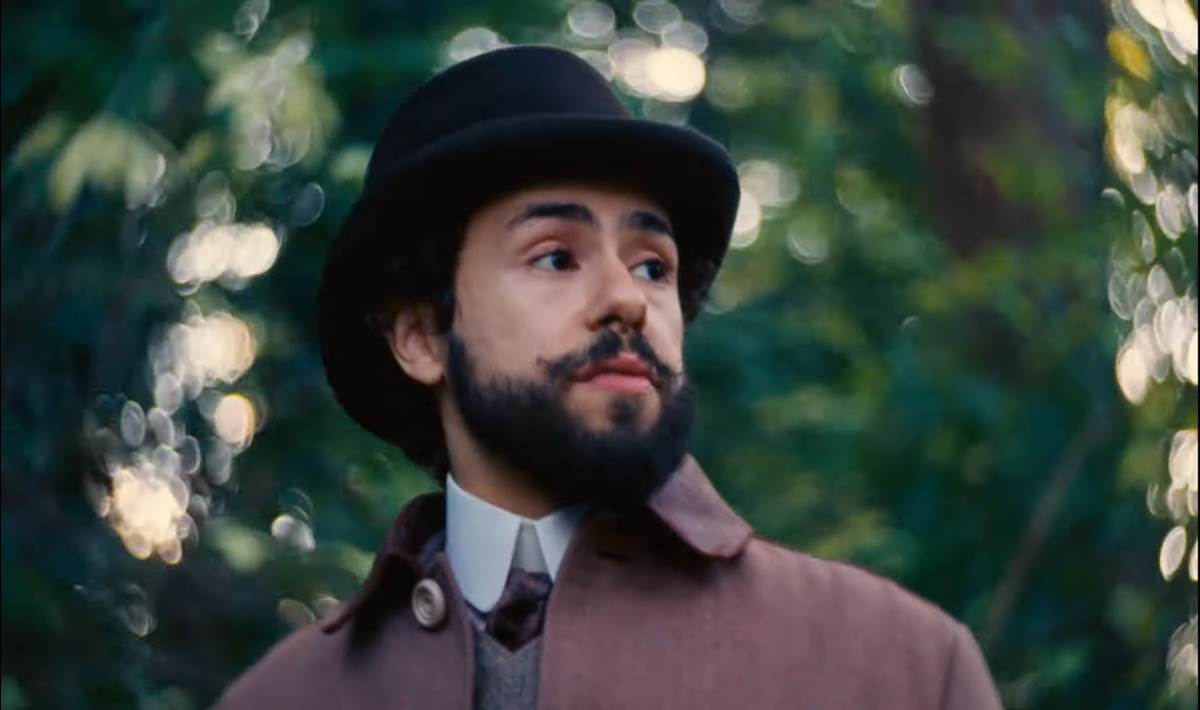A Brief Argument for Ramy Youssef in “Poor Things”
Poor Things is a marvel of film. The grating score echoes the fantastical, yet slightly off, world-building as Emma Stone’s Bella Baxter grows into her own individuality amidst her experimental upbringing. Yorgos Lanthimos is firing on all cylinders. Film critic Alonso Duralde recently said that he scores films based on what they were aiming for and whether or not they accomplished their goal. For Poor Things, “this movie is shooting for the fences and hitting the fences."
Throughout the critical and awards-focused breakdowns on the film, Willam Defoe and Mark Ruffalo’s performances have stood out in the supporting actor races. Defoe gets to play a sympathetic mad scientist, while Ruffalo gets to chew scenery almost the entirety of the film’s run time. The two actors’ spotlight in the awards race highlights that sometimes the best acting is actually the most acting.
That is to say, both of the previously mentioned performances are great! The acclaim is worthy! However, sometimes the Academy will choose a flashier performance over a more subdued one, even if their quality is equal.
This brings me to Ramy Youssef, the actor and comedian who makes his jump into awards-y cinema with Poor Things. Youssef plays Max McCandles, an apprentice of Defoe’s Dr. Baxter, who is initially in charge of watching over Bella Baxter's initial growth into…well, a human person. As Bella continues to grow, Max is intrigued, out of curiosity and a growing sense of yearning.
While Defoe and Ruffalo are given the time to round out their bizarre characters, Youssef is also given space to play the film’s most accessible everyman. Is it as showy as his counterparts in a film about the wild and wondrous? No, but I’d argue the only way the film can succeed is with a character firmly grounded. Youssef stands his ground flawlessly.
Probably most known as a stand-up and star of the eponymously titled Ramy, this is Youssef’s first major film role. Out of the gate, he assimilates into the world beautifully, taking space as Bella’s personal “follower," for lack of a better term. His fascination is palpable. He’s wide-eyed about becoming an apprentice of Defoe’s scientist, while also questioning his experiments. As more time is spent with Bella, his fascination turns into a beautifully performed crush, still confused by the experience, over a woman who is still growing daily.
Sometimes, the most subdued can be one with the most lasting impact. In a year filled with stunningly quiet screen performances (i.e. Lily Gladstone in Killers of the Flower Moon, Greta Lee in Past Lives), let this all be a brief argument for Ramy Youssef to be rewarded this awards season.



